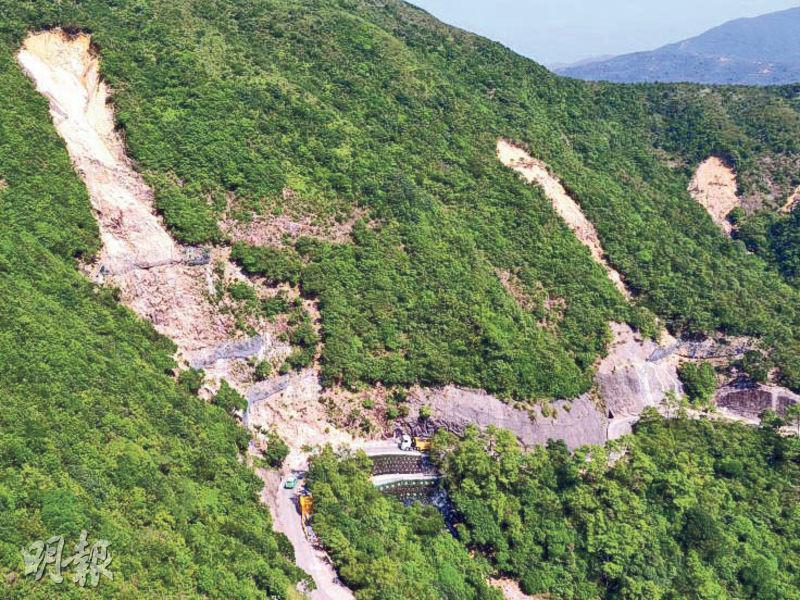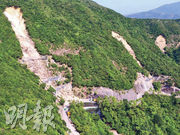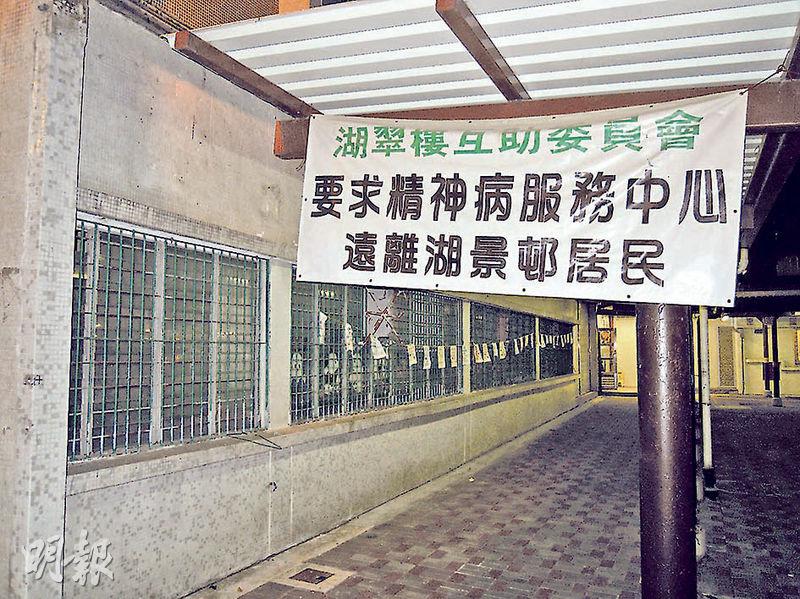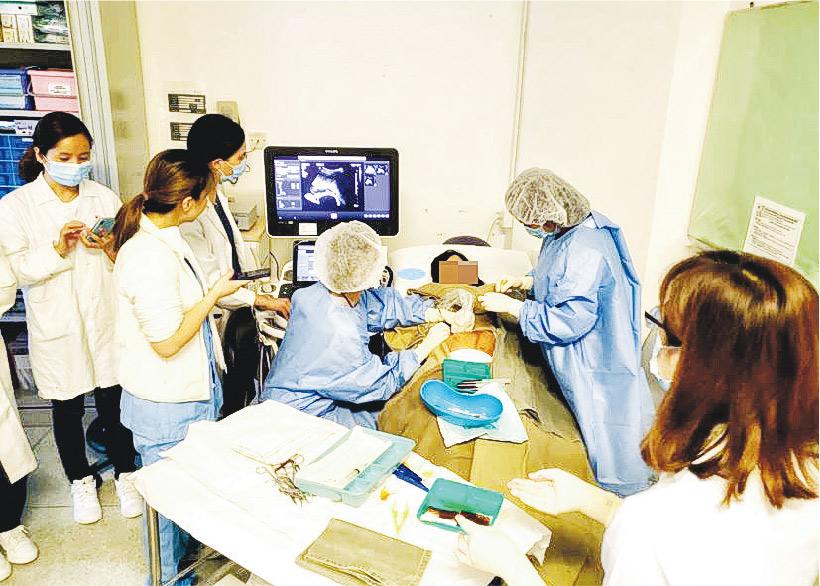Road to 5**:Landslide Potential Index
【明報專訊】◆News summary
In order to raise public awareness of landslides, Geotechnical Engineering Office is to introduce a Landslide Potential Index (LPI) in 2020. The LPI will initially be announced after every rainstorm, while the long-term goal is to make public the index during a rainstorm to allow citizens to act accordingly.
◆Source A
By analyzing the average amount of rainfall and number of landslides in Hong Kong over the past 30 years and the geographical distribution of slopes, the Geotechnical Engineering Office(GEO) constructed a model depicting the correlation between rainfall intensity and landslide probability to estimate the likelihood of landslides occurring during rainstorms. Landslide risks will be divided into four categories: Low (< 10), High(10 - 50), Very High(51-100), and Extremely High (> 100).
Pun Wai Keung, director of the GEO, says that although existing technology allows the instantaneous calculation of LPI during rainstorms, other important aspects of the system – such as what instructions the government should provide for citizens in different LPI categories – should be considered carefully, thus the system is still in developmental stage.
Source: Ming Pao,2020.02.24
■Mock examination questions
What are current restrictions facing Hong Kong's use of science and technology in promoting sustainable development? Please use the information provided and your personal knowledge to answer and explain.
·Sustainable development involves the balance between the environment, economy and society as well as cross-generation considerations.
• Limitations by laws of nature
It is difficult to avoid natural disasters and destruction however advanced science and technology is. Although the GEO aims to protect citizens from landslides during rainstorms through the introduction of LPI, it is impossible to entirely prevent rainstorms and landslides from happening.
• Politics
The sustainable development of science and technology can be limited by the government's declining governance efficiency and credibility. The Multi-functional Smart Lampposts pilot scheme was launched in June 2019. Citizens were worried that the smart lampposts might infringe on their privacy or even secretly monitor their daily lives. Such worries can restrict the sustainable development of society.
• Constraints regarding resources
A lack of financial and human resources can make it difficult to use science and technology to promote sustainable development. In order to cope with an increase in places for medical students, the Chinese University of Hong Kong (CUHK) plans to build a new building in 2024/2025 and has applied for preliminary research funding for this purpose. But the government unexpectedly withdrew the related requests for funding. If a new building cannot be constructed, the university will refrain from adding places for students.
Translated by Terence Yip
[通通識 第663期]










